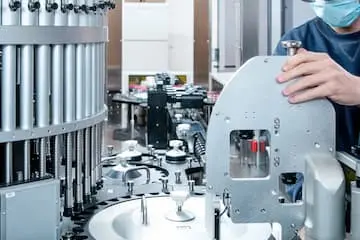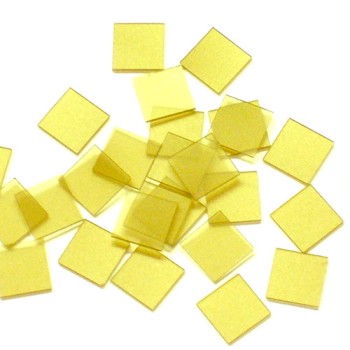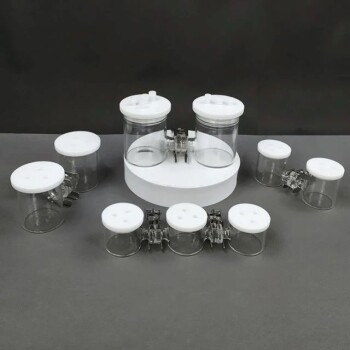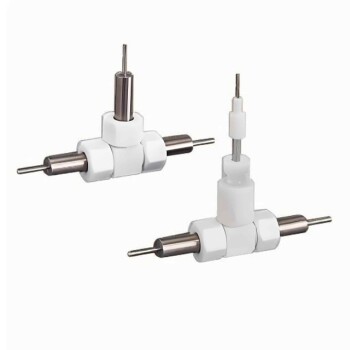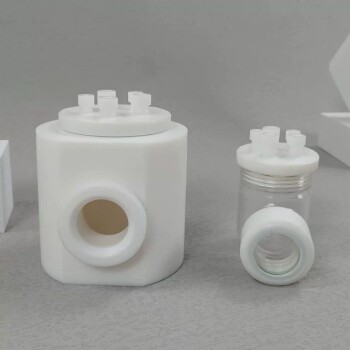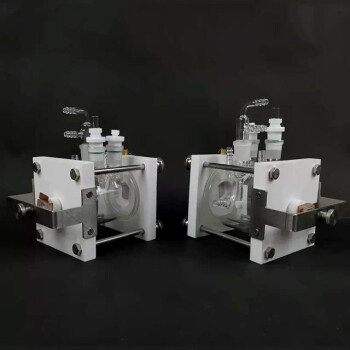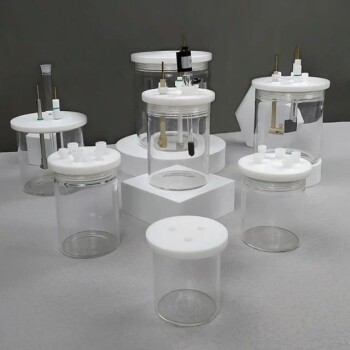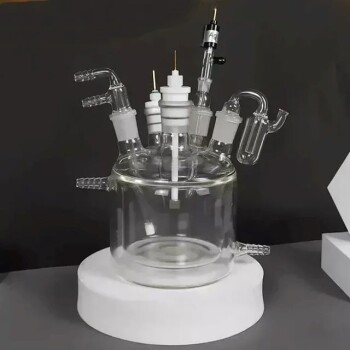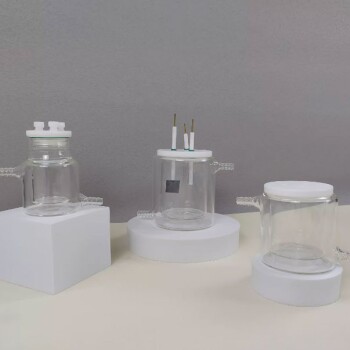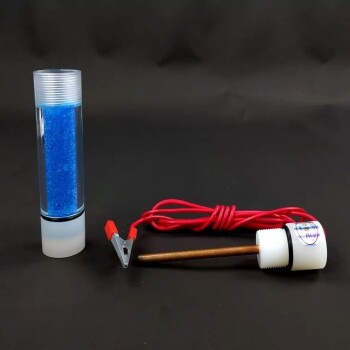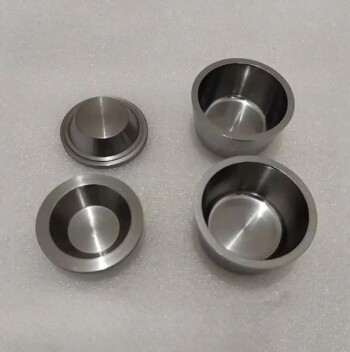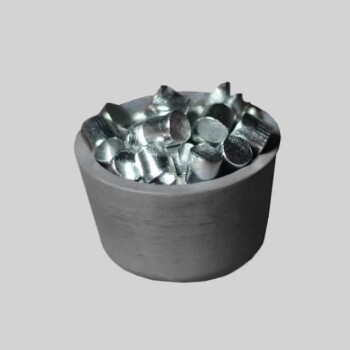Toggle Categories
Get Instant Support
Choose your preferred way to connect with our team
-
Get Free Quote Fill out form for detailed pricing
-
Send Email Detailed inquiry support
-
WhatsApp Quick mobile chat
Response Time
Within 8 hours on working days, 24 hours on holidays
Lab Consumables & Materials
KinTek offers a range of lab consumables and materials, including evaporation materials, targets, metals, electrochemistry parts, as well as powders, pellets, wires, strips, foils, plates, and more.
Lab Consumables & Materials
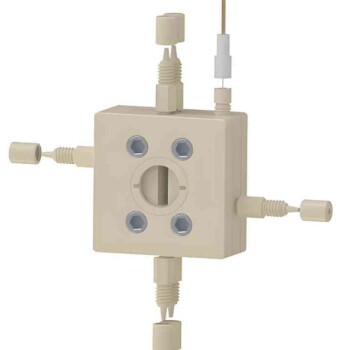
Customizable CO2 Reduction Flow Cell for NRR ORR and CO2RR Research
Item Number: KT-RFC
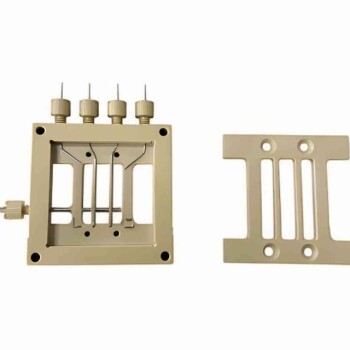
Custom Ion Conductivity Test Fixtures for Fuel Cell Research
Item Number: KT-CTF

Customizable PEM Electrolysis Cells for Diverse Research Applications
Item Number: KT-PEMT
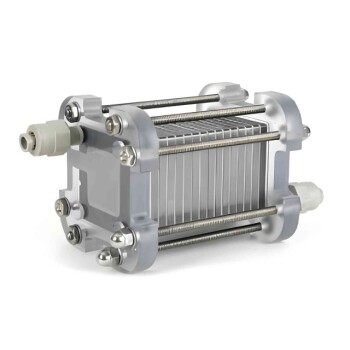
Customizable Fuel Cell Stack Components for Diverse Applications
Item Number: FCS
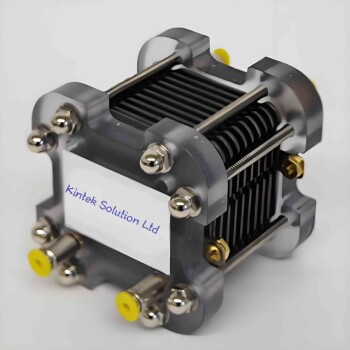
FS Electrochemical Hydrogen Fuel Cells for Diverse Applications
Item Number: FSE
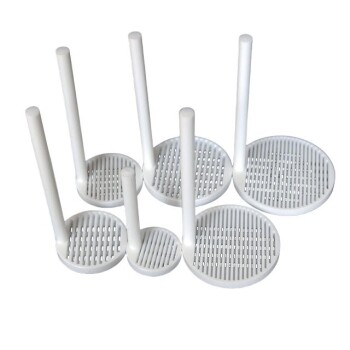
Custom PTFE Teflon Parts Manufacturer for Cleaning Racks
Item Number: PTFE-01
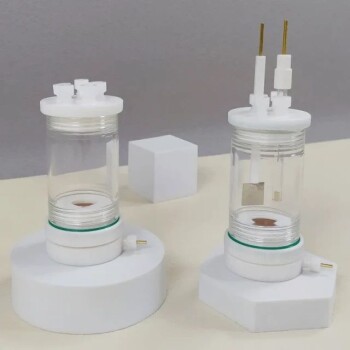
Multifunctional Electrolytic Electrochemical Cell Water Bath Single Layer Double Layer
Item Number: ELCM
$159.00
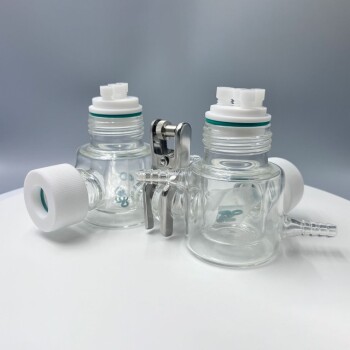
H-Type Double-Layer Optical Electrolytic Electrochemical Cell with Water Bath
Item Number: ELCHD
$269.00
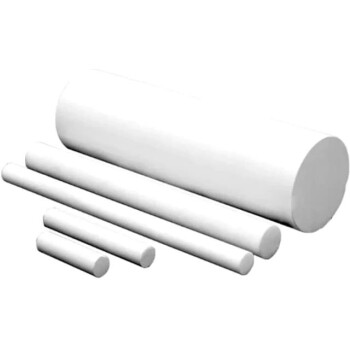
Boron Nitride (BN) Ceramic Rod for High Temperature Applications
Item Number: KM-D4

Hexagonal Boron Nitride HBN Ceramic Ring
Item Number: KM-D6

Hexagonal Boron Nitride HBN Spacer Cam Profile and Various Spacer Types
Item Number: KE-D3
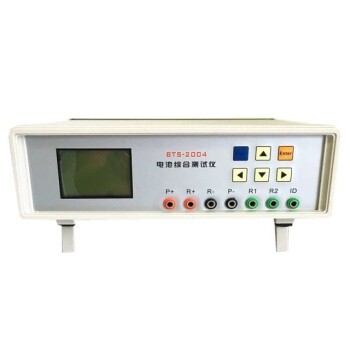
Battery Lab Equipment Battery Capacity and Comprehensive Tester
Item Number: BC-06
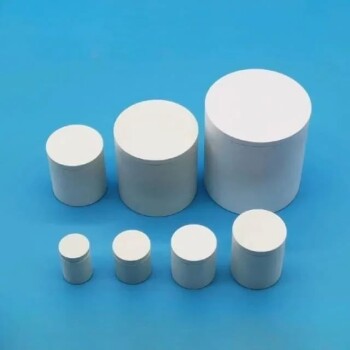
Boron Nitride (BN) Crucible for Phosphorous Powder Sintered
Item Number: KM-D01

Evaporation Boat for Organic Matter
Item Number: KME-YJ
REQUEST A QUOTE
Our professional team will reply to you within one business day. Please feel free to contact us!
Related Articles

The Transparency Paradox: Mastering the Fragile Art of Electrolytic Cells
Glass electrolytic cells are precision instruments, not simple containers. Learn the systematic approach to handling glass to ensure safety and data integrity.

The Art of the Shutdown: Engineering Reliability in Electrochemical Cells
Post-experiment procedures are not chores; they are the foundation of future accuracy. Learn the disciplined protocol for maintaining double-layer electrolytic cells.

The Invisible Variable: Why Electrolytic Cell Hygiene Defines Data Integrity
Master the art of electrolytic cell maintenance. Discover how a strict cleaning protocol prevents cross-contamination and secures reproducible electrochemical results.

The Art of the Void: Mastering Vacuum Furnace Leak Detection
Protect your research integrity. Learn the systemic approach to vacuum furnace leak detection—from Rate-of-Rise protocols to Helium spectrometry.

The Silent Deformation: Why Good Intentions Break Precision Glassware
Discover the critical thermal limits of double-layer electrolytic cells. Learn why heating the assembly destroys precision and how to ensure experimental integrity.

The Thermodynamics of Patience: Mastering the Five-Port Cell
Precision in electrochemistry requires balancing thermal control with material limits. Learn to manage heat without compromising your PTFE seals or data integrity.

The Geometry of Control: Inside the Super-Sealed Electrolytic Cell
Why the 10-100ml volume and 5-aperture design became the gold standard for electrochemical precision, and how to choose the right setup.

The Geometry of Truth: Why the Electrolytic Cell Dictates Experimental Success
Precision in electrochemistry relies on the vessel as much as the reaction. Explore the 50-500ml standard, the three-electrode system, and the art of cell design.

The Invisible Architecture of Accuracy: Optimizing the Five-Port Electrolytic Cell
Master the critical pre-use protocols for five-port water bath electrolytic cells. Learn how meticulous preparation ensures reproducible electrochemical data.

The Invisible Variable: Why Electrolytic Cell Hygiene Defines Your Data
Proper electrolytic cell maintenance prevents dangerous reactions and ensures data integrity. Learn the critical "no metal brush" rule and safety protocols.

The Geometry of Control: Why 1 cm² Defines Electrochemical Success
Discover why the standard 1 cm² reaction area and precision O-ring sealing create the necessary baseline for repeatable, accurate electrochemical data.

The Architecture of Accuracy: Inside the Five-Port Electrolytic Cell
Precision in electrochemistry relies on controlling the environment. Explore the engineering behind the five-port water bath cell and how it eliminates variables.

The Fragile Vessel of Truth: A Maintenance Manifesto for Electrolytic Cells
Data integrity relies on equipment health. Discover the psychological and technical art of maintaining five-port electrolytic cells for reproducible science.

The Choreography of Electrons: Why Precision Demands a Trinity
Precision in coating evaluation isn't about power; it's about separation. Discover why the three-electrode system is the only way to silence electrochemical noise.

The Fragility of Precision: Mastering the Integrity of Five-Port Electrolytic Cells
Prevent leaks in electrolytic cells through systematic inspection and proper assembly. A guide to mastering experimental seal integrity and reliability.

The Silent Variable: Why Material Purity Defines Electrochemical Truth
Discover why the all-quartz electrolytic cell is the hidden standard for high-precision electrochemistry, photoelectrochemistry, and contamination control.

The Art of Resistance: Why Your Electrolytic Cell Needs Breathing Room
Short circuits in electrolytic cells aren't just accidents; they are geometry failures. Learn how to control the electrical path and protect your lab equipment.

The Invisible Variable: Why Post-Experiment Rituals Define Scientific Truth
Post-experiment cleanup isn't a chore—it's a control variable. Learn the systematic care of all-quartz electrolytic cells to ensure reproducibility.

The Geometry of Precision: Why Cell Volume Defines Your Data
It’s not just about capacity. Discover how electrolytic cell volume—from 8ml to 100ml—dictates the stability, cost, and accuracy of your coating evaluation.

The Architecture of Silence: Mastering the Super-Sealed Electrolytic Cell
Great electrochemical data starts before the experiment begins. Master the four critical steps of cell preparation—inspection, cleaning, installation, and loading.
